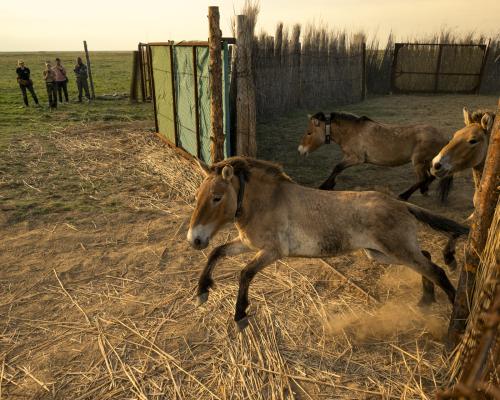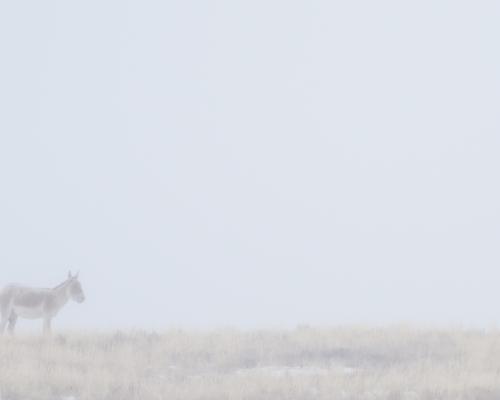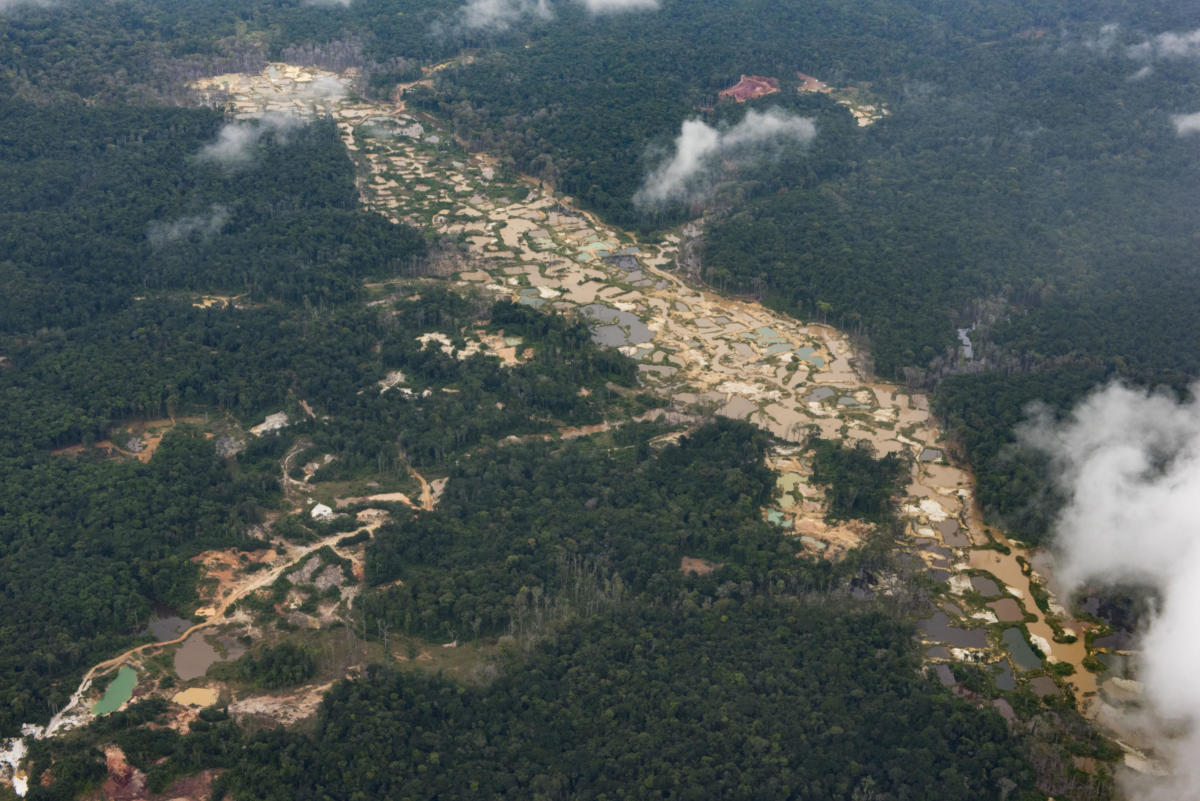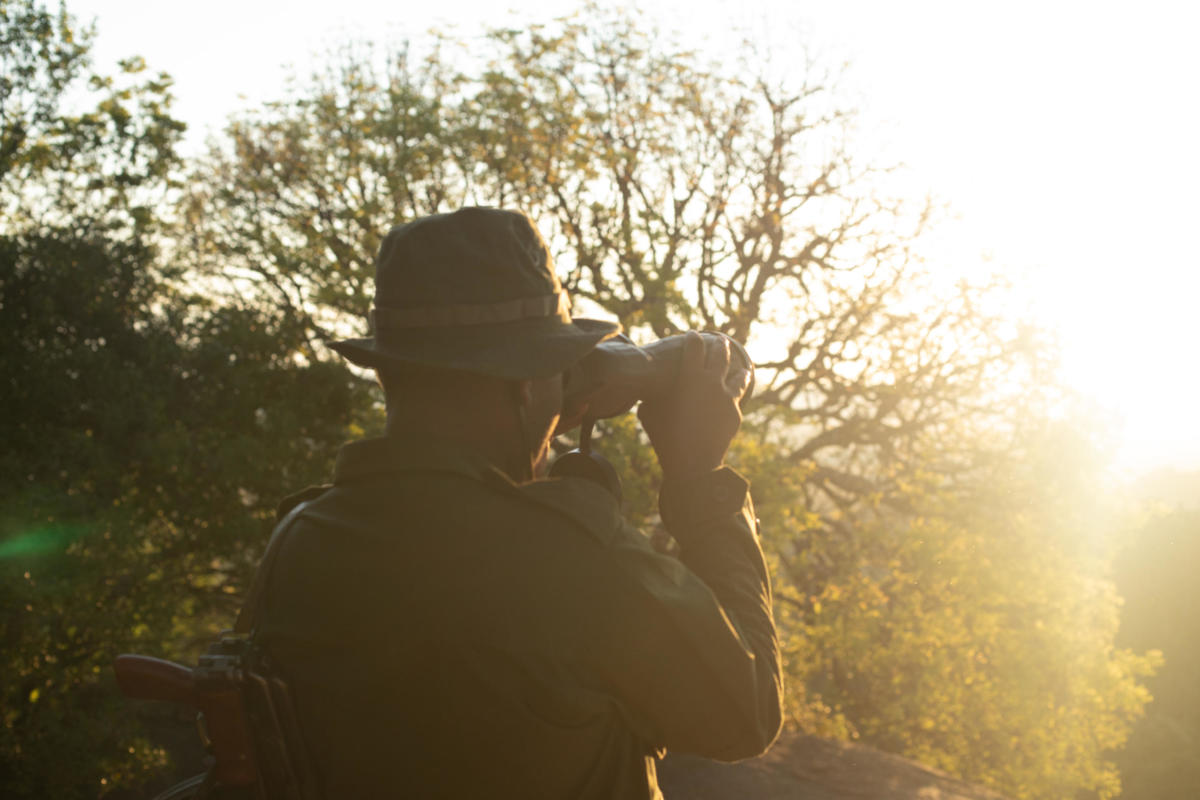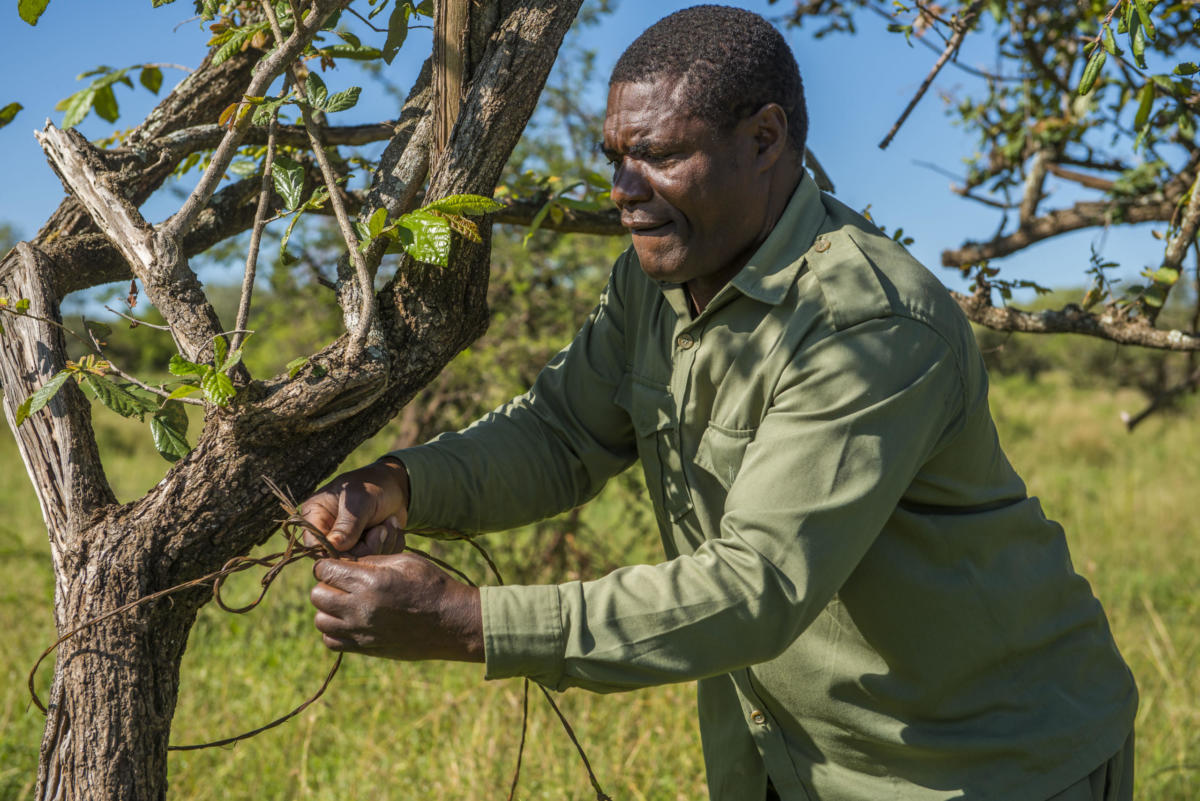The main source of income for many protected areas, tourism, has suddenly stopped because of COVID-19. But FZS Executive Director Dr. Christof Schenck is convinced there is a more sustainable way to make these places more financially secure.
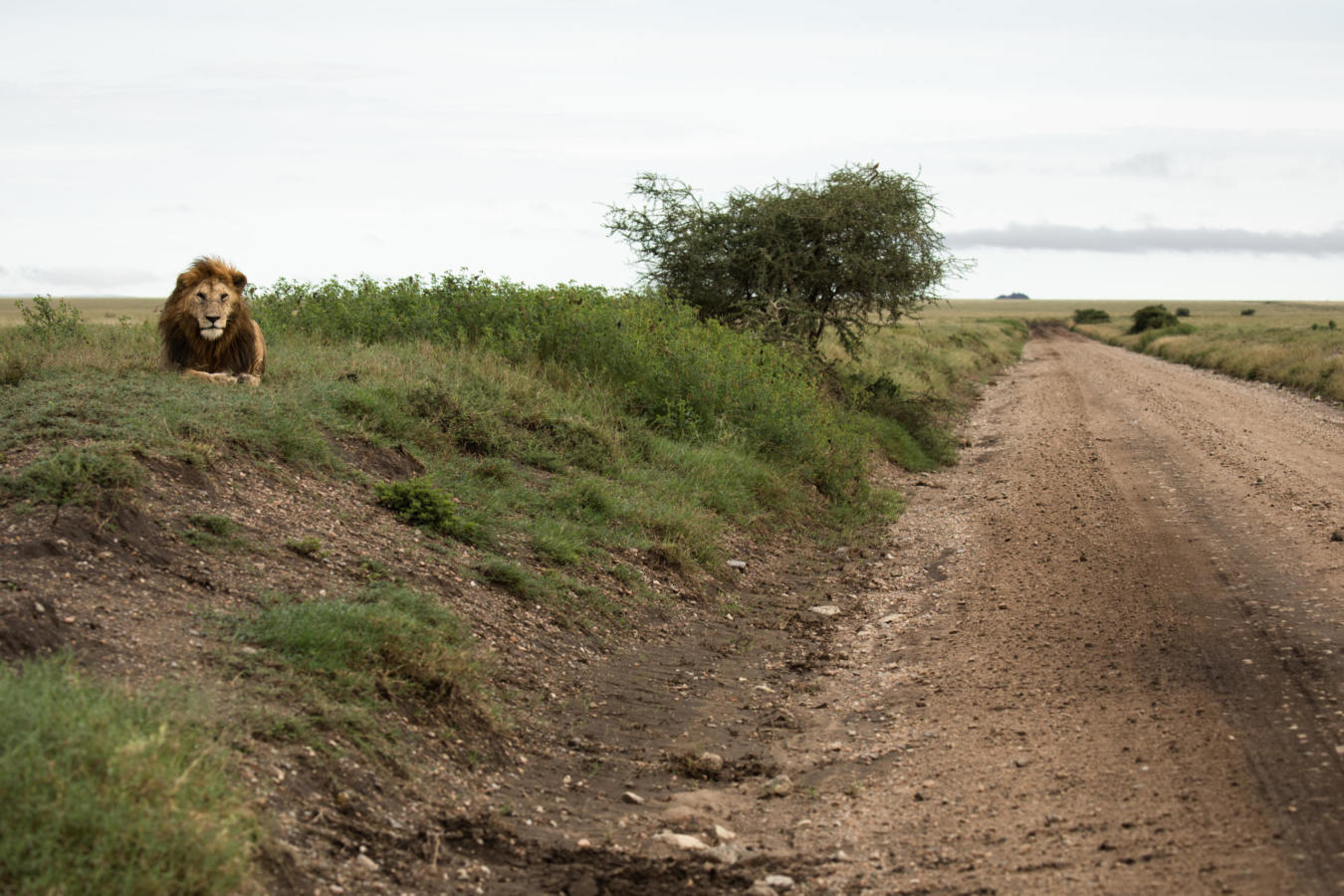
“We must make financing for protected areas more sustainable”
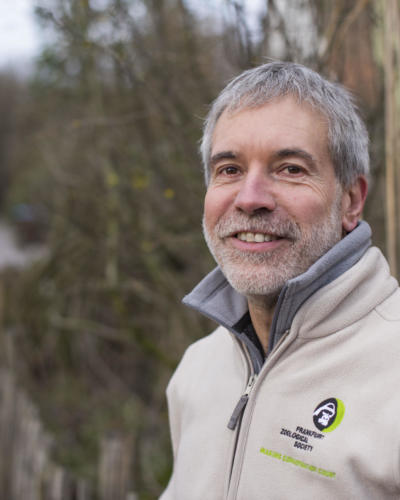
“Currently, several protected areas depend heavily on revenue from tourism, but because of COVID-19, the main income stream has ground to a halt.”
Christof Schenck: Before COVID-19, it has already been known to researchers that there is a link between habitat destruction and a rise in diseases that transfer from animals to humans. Healthy ecosystems contain a wide variety of species, with different immunity. If you reduce the biodiversity, for example- through habitat destruction, the spread of a disease is more likely, because species, who could act as a blocker are no longer there. This is one reason why it is so important to conserve wildlife and ecosystems, to protect ourselves from future pandemics.
Christof Schenck: There are many impacts, affecting everything we do, with the biggest one being financial distress. Currently, several protected areas depend heavily on revenue from tourism, but because of COVID-19, the main income stream has ground to a halt. Now, protected areas are struggling with paying for wildlife monitoring, de-snaring programs, and providing basic materials that rangers need, amongst other things. Additionally, private donors and governments have fewer financial resources to support conservation efforts. The consequences of the strong decline in revenue and funding won’t just affect protected areas in the short term, we could still be seeing the impacts many years from now.
Christof Schenck: Even though we hear stories that snaring and poaching is on the rise in Africa during the pandemic, we need to confirm this with hard facts and figures. We are doing this through a COVID-19 impact study that we have just started. The goal of the study is to work with other institutions to determine the precise impacts of the pandemic on protected area management, so that we can then shape how we work to sustain protected areas in the future.
Christof Schenck: There are a few positive effects that the pandemic has triggered. For example, carbon emissions have been decreasing because people are not traveling and some animals are benefitting from the absence of tourists. COVID-19 is also encouraging us to think about the future and how we can make sure that revenue for protected places is more sustainable.
Christof Schenck: At the moment we are gathering donations through our emergency campaign: Mission Possible, this is to help cover the financial losses that I mentioned before, for the benefit of FZS projects, especially in Africa. But I think we need to plan ahead with a three-level approach.
When a disaster hits, the first thing we need to worry about is getting basic supplies. The costs for this could be covered with a pre-created emergency pot of money that financially rescues a protected area temporarily.
Then we need to think about management costs. This can be done through an initiative, which is in the process of being established, called the Legacy Landscapes fund. Organized jointly by the German Ministry for Development and Cooperation and the KfW Development Bank together with big partners such as UNESCO World Heritage Centre, IUCN, WWF, FZS, and many more, this fund uses capital that comes from public and philanthropic sources, to ensure highly biodiverse areas continue to function. The aim is to provide a significant safe payment per area per year long-term. To keep the lights on, whatever happens.
Lastly, I suggest that we think about setting up a special protected wild areas insurance that would handle costs incurred by other catastrophes, such as fires.
With these types of funds working in tandem, we would be able to prevent disasters from impacting protected areas as seriously as they have been.
Christof Schenck: If we all want to survive in the longer run, under the same conditions we are adapted to, then we need to wake up. Every person can do a lot. For example, elect politicians who think that conservation needs to happen. Stay informed about the decisions we take every day such as whether to use a car or public transport. Spread the word about the need to protect natural areas. Donate, volunteer, decide what to do with your investments or endowments. There are many ways for each of us to make a difference.







